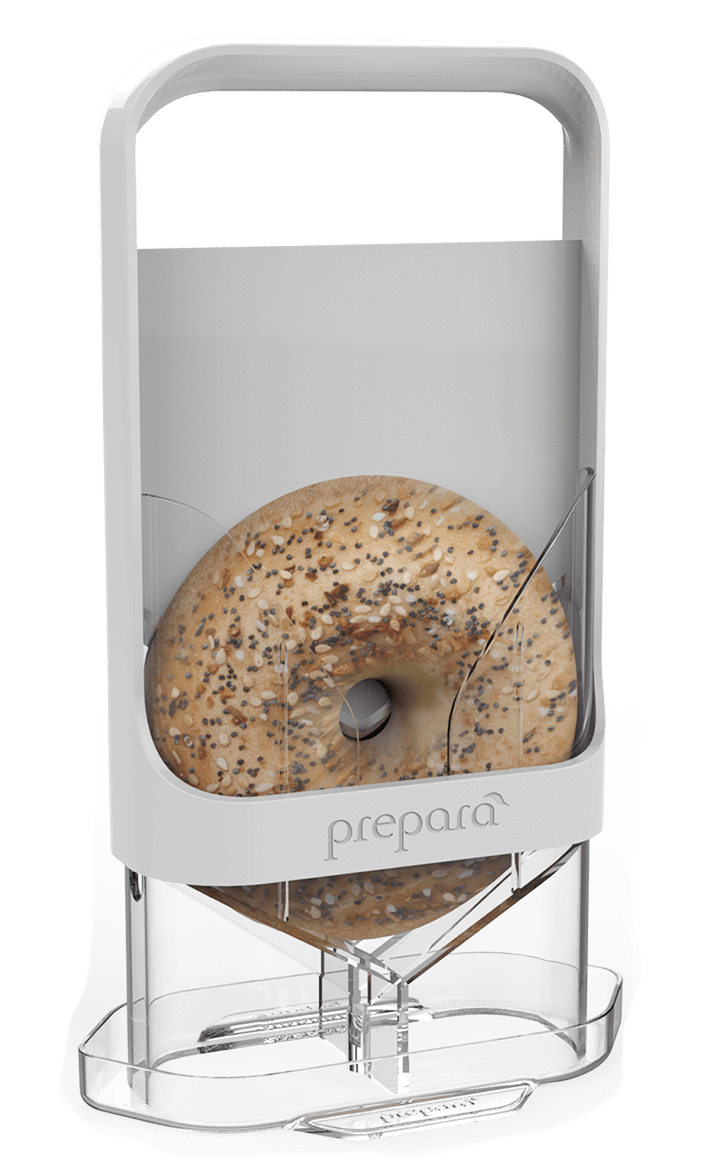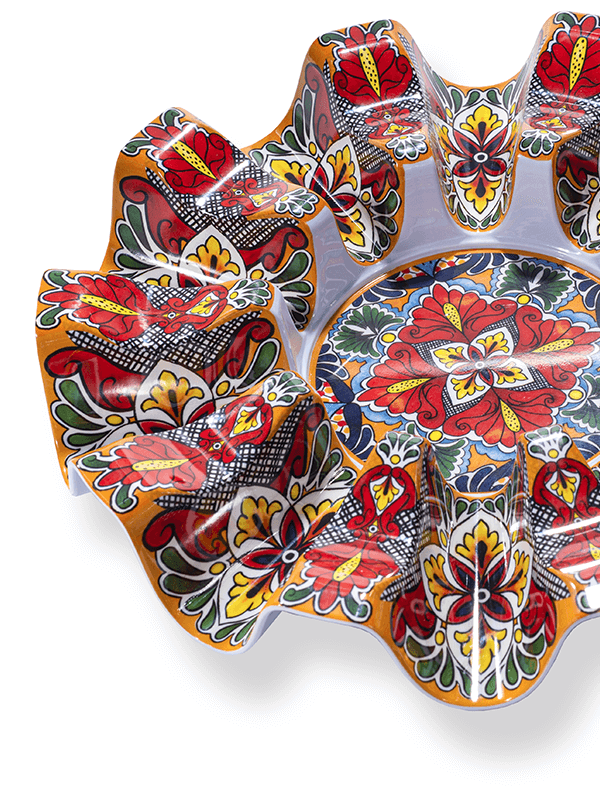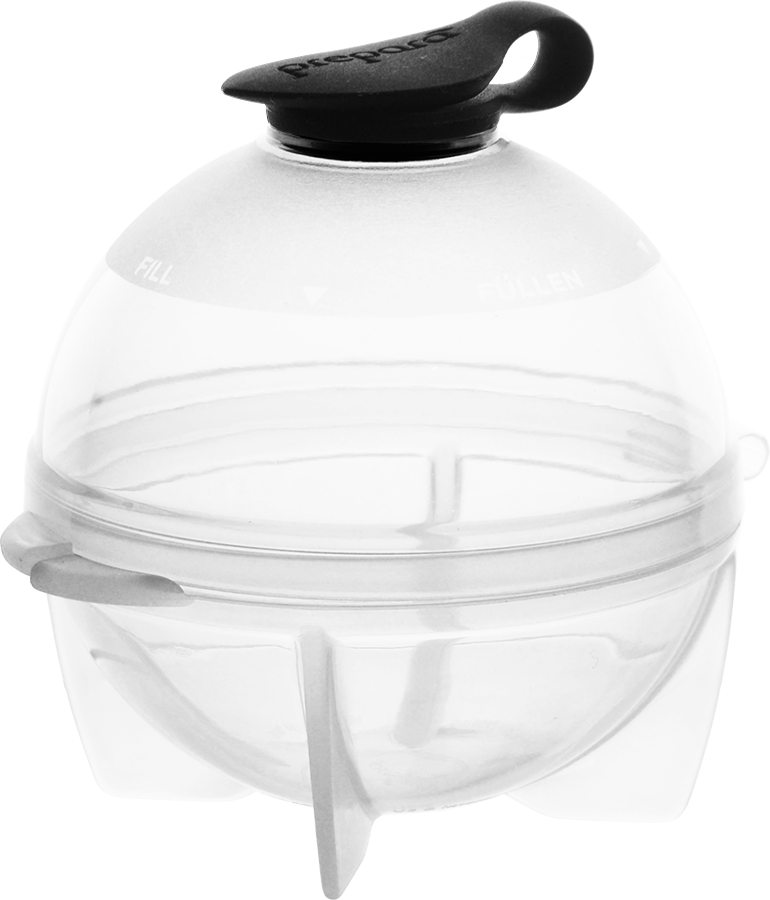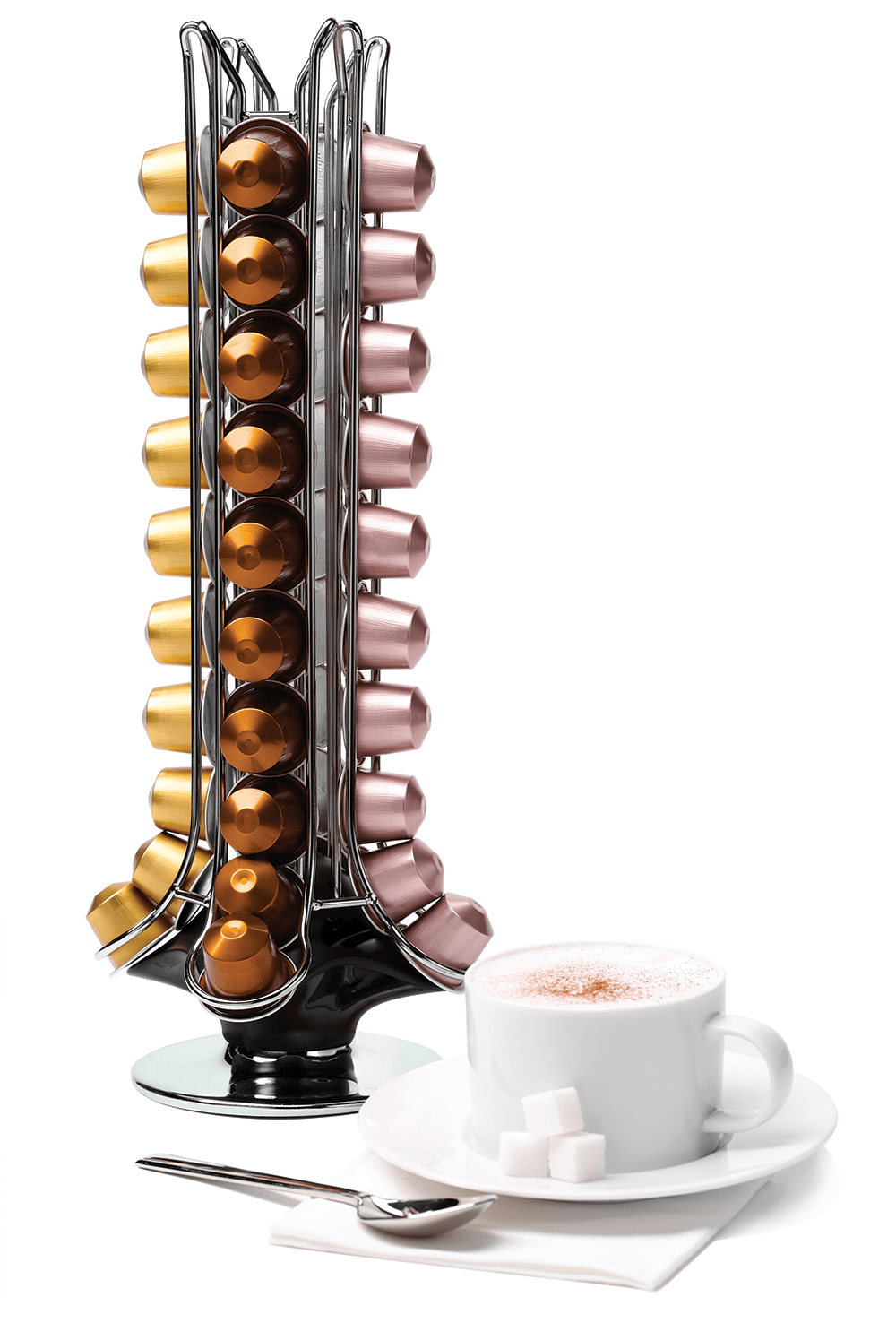
Chef Billy's Product Demos
Prepara is proud to team up with Chef Billy Strynkowski, Director of Culinary Wellness for The Compass Group of North America. Billy has worked with the Prepara team for a number of years as both an inventor, advisor and all round useful culinary expert. He spent 12 years as the Executive Chef for Cooking Light Magazine, so if anyone knows how to cook healthy food, it's Chef Billy. He has appeared on dozens of TV shows, from the Food Network to the View to Good Morning America and the Today Show. We're excited to present to you our very own "Billy Videos" where he uses Prepara products to walk you through tips, tricks, and recipes from his kitchen to yours.
Billy Strynkowski, Executive Chef of Player Dining at the U.S. Open
U.S. Open Chef Oversees Thousands of Meals a Day in the Early Going

Chef Billy Strynkowski mixes a pesto in the kitchen of the players dining room at the U.S. Open in Queens.
Kevin Hagen for The Wall Street Journal
Chef Billy Strynkowski mixes a pesto in the kitchen of the players dining room at the U.S. Open in Queens. Kevin Hagen for The Wall Street Journal It must have been the rice. As chef Billy Strynkowski strode through the player dining room at the U.S. Open one afternoon, an athlete approached. "We won," the player said, clapping Mr. Strynkowski on the shoulder. "Tomorrow, more rice!" "They come to feel like I'm a good-luck charm," said the jovial 52-year-old chef with a smile. In recent years, food has grown as a focus for the world's top tennis players. Top-ranked Novak Djokovic's well-publicized switch to gluten-free dining, which coincided with the Serbian's ascent to the number-one ranking in the world, helped propel nutrition to the forefront of many players' minds, U.S. Open officials said. Last year, officials undertook a $350,000 renovation of the players' dining room and hired hospitality firm Restaurant Associates to oversee their food, led by Mr. Strynkowski.
"We started seeing players focused more than ever on the foods they were eating and bringing their own dieticians with them," said Danny Zausner, chief operating officer at the USTA Billie Jean King National Tennis Center. Despite high food ratings in player surveys, Mr. Zausner said, "we felt it was an opportunity to re-evaluate the food." The player dining service feeds as many as 4,000 meals a day, with that number dropping as the tournament progresses. The food was perfectly fine before, said U.S. player Sam Querrey, just "a little more bland." "You'd just have a pasta station and a sandwich station, you could get a Gatorade and a water," said Mr. Querrey, who advanced to the tournament's third round on Thursday. This year, he has eaten salmon-and-avocado sushi every day, he said. Drink options range from fruit and vegetable smoothies to coconut water. Under Mr. Strynkowski's direction, cheese pizzas have been replaced by a series of whole-wheat flatbreads with toppings like peaches and heirloom
tomatoes. Coffee was once made in vats. Now it is brewed "like baristas would be doing at Starbucks" said Mr. Zausner. And, he added, "Until someone tells us that kale is unhealthy, kale is in everything that we serve or at least it seems that way." The spacious dining room attracts players at all hours and features soaring ceilings and muted earth tones. Mounted iPads offer detailed nutrition information on all the dishes. Mr. Strynkowski was well-suited to helm the transition, officials said. He spent 11 years as executive chef for Cooking Light magazine and serves as director of culinary wellness for hospitality firm Restaurant Associates when he's not at the U.S. Open. His personality also made him a good fit, said Mr. Zausner. Mr. Strynkowski passes out his cell-phone number to players and their retinues, who text him at all hours. He promises to get them anything, as long as they file the request at least 12 hours in advance. "If he could, he would do individual dining for every single player on the tour,"
Mr. Zausner said. "I'm not sure the man knows how to say 'no.' " That has resulted in his dashing into a ShopRite grocery store on his way home from work to pick up a jar of canned cranberry sauce for one player; sourcing local striped bass or bluefish ("a lot of them hear that Long Island" has it) or tracking down almond milk. "Twelve hours and I'll get them basically anything in the world," he said. Mr. Strynkowski was born in Flatbush, Brooklyn. When he was 12, his family moved to Rockland County and Mr. Strynkowksi still resides there today. By the time he was eight years old, he said, he was running home from school to experiment in the kitchen—often to his family's dismay. "Always making a mess. Always getting yelled at," he recalled with a sheepish smile. "Anything that was in the refrigerator somehow made it into a pan or a blender." That kind of curiosity has led Mr. Strynkowski to patent several cooking-related inventions over the past several years, including the "Better Batter Beater"
—a battery-operated hand mixer—and the "Roasting Laurel," a flexible piece of silicone that helps lift meat up out of its own fat when roasting. His family has another name for his active mind. "We call it undiagnosed A.D.D.," said his 22-year-old son, Austin, referring to attention-deficit disorder. "Everything is an adventure with that guy." Like the time Mr. Strynkowski called his son from Seattle. As it turned out, he had been craving a particular sandwich made in the city—so he hopped on a plane. He said, " 'I had a lot of paperwork to do; I figured I'd fly to Seattle, do my paperwork on the plane, eat the sandwich and then go home,' " Austin said. " 'I'm like are you kidding me, dude?' " Mr. Strynkowski's latest invention—a new kind of spatula—came to him while he was playing golf in Ireland, he said. "Your mind is constantly rolling," he said. His days at the U.S. Open start by 6 a.m. and end after dark. It is a relentless few weeks, he noted, with no days off. He must wrangle a team of chefs pulled from across the company's kitchens,
including Google, the Metropolitan Museum of Art and Credit Suisse. Rain delays can create an instant swarm. An ingredient's sudden popularity can create a crisis, as gallons of pesto or grilled chicken suddenly disappear. In other words, it is enough of a challenge to fully engage his restless mind. "The funny thing about being a chef is you please people you don't know, so it's kind of an odd profession," he said. "I like to think that we're temporary artists for people that you don't know."




















